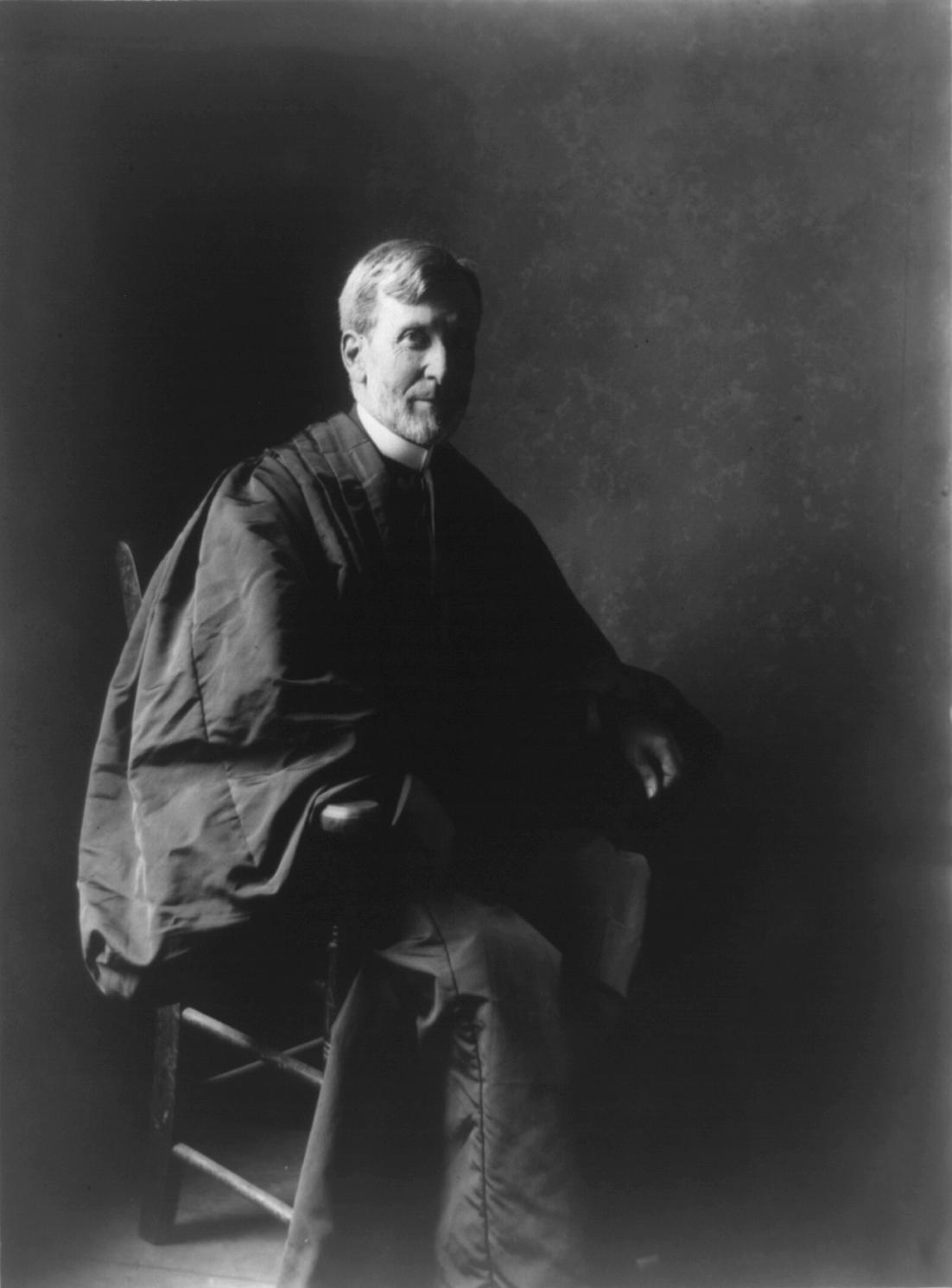- Joseph McKenna
:"For Joseph McKenna the member (Volunteer) in the
Irish Republican Army , see ."Infobox US Cabinet official
name=Joseph McKenna

office=Judge onUnited States Court of Appeals for the Ninth Circuit
term_start=1892
term_end=1897
nominator=Benjamin Harrison
predecessor=Lorenzo Sawyer
successor=William W. Morrow
order2=43rd
title2=United States Attorney General
term_start2=March 5 ,1897
term_end2=January 25 ,1898
predecessor2=Judson Harmon
successor2=John W. Griggs
order3=Associate Justice of the Supreme Court of the United States
title3=
term_start3=January 26 ,1898
term_end3=January 5 ,1925
nominator=William McKinley
predecessor3=Stephen Johnson Field
successor3=Harlan Fiske Stone
birth_date=birth date|1843|8|10|mf=y
birth_place=Philadelphia, Pennsylvania , U.S.
death_date=death date and age|1926|11|21|1843|8|10|mf=y
death_place=Washington, D.C. , U.S.
party=Republican
spouse=Amanda Borneman McKenna
profession=Lawyer ,Politician Joseph McKenna (
August 10 ,1843 –November 21 ,1926 ) was an American politician who served in all three branches of the U.S. federal government, as a member of theU.S. House of Representatives , asU.S. Attorney General and as anAssociate Justice of the Supreme Court .Born in
Philadelphia, Pennsylvania , the son of Irish immigrants, he attended St. Joseph's College and theCollegiate Institute atBenicia, California . After being admitted to the California bar in 1865, he became District Attorney for Solano County and then served in theCalifornia State Assembly for two years (1875-1877).McKenna was elected to the
United States House of Representatives in 1885 and served for four terms. He was appointed to the Ninth Circuit Court of Appeals in 1892 by PresidentBenjamin Harrison .In 1897 he was appointed
Attorney General of the United States by PresidentWilliam McKinley , and served in that capacity until 1898. He was then appointed an Associate Justice of theSupreme Court of the United States to succeed JusticeStephen J. Field . McKenna faced opposition to his appointment in the Senate, but his supporters there enabled him to win confirmation in January 1898. Conscious of his limited credentials, McKenna took courses atColumbia Law School for several months to improve his legal education before taking his seat on the Court.McKenna was known to be a centrist, and authored few dissents. His most noteworthy opinions are "
Hipolite Egg Co. v. United States ", in which a unanimous Court upheld thePure Food and Drug Act of 1906 , and "Hoke v. United States ", which upheld theMann Act . While McKenna was generally quite favorable to federal power, he voted with the majority in 1905's "Lochner v. New York ", which struck down a state maximum-hours law for bakery workers.McKenna resigned from the Court in January 1925 at the suggestion of Chief Justice
William Howard Taft . McKenna's ability to perform his duties had been diminished significantly by astroke suffered ten years earlier, and by the end of his tenure McKenna could not be counted on to write coherent opinions.McKenna was married to Amanda Borneman in 1869, and the couple bore three daughters and one son. He died in 1926 in
Washington, D.C. , and he is buried at the city'sMount Olivet Cemetery .References
USAttGen
Wikimedia Foundation. 2010.
